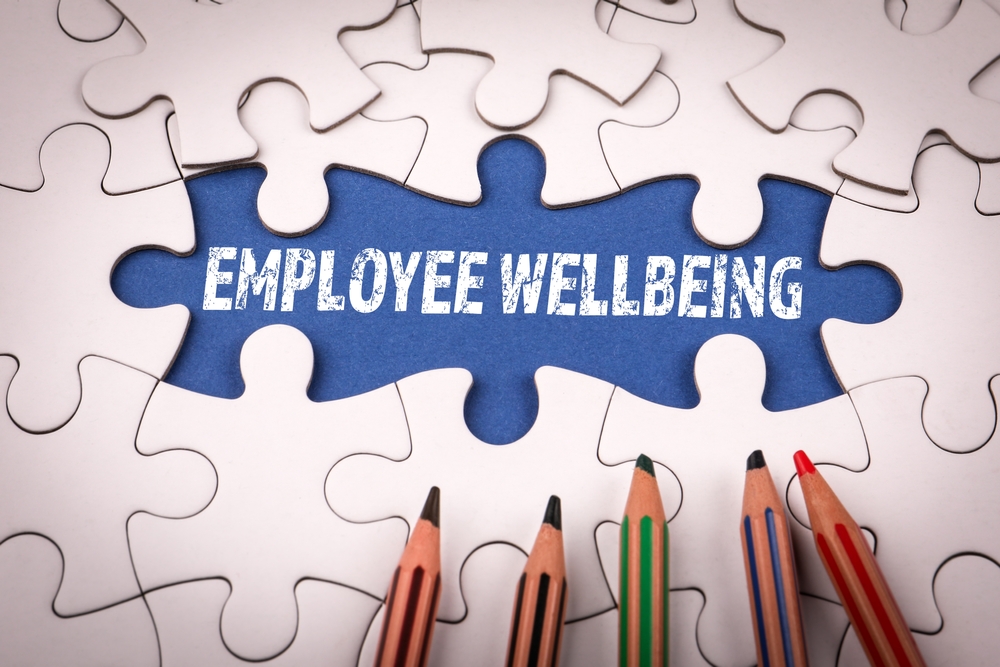As a busy professional, the pressure to excel, meet deadlines, and deliver results can push self-care to the bottom of your list. When your threat system (your fight and flight response) is activated in response to any stressor, your brain has evolved to lie to you. Its survival mechanism wants to stay solely focused on the threat, which made a lot of sense when the threat was a sabre-tooth tiger that came and went within a few minutes. But your stress is chronic. Your to-do list never ends. So, when your brain says “You don’t have time to have a break!! You don’t have time to stop for lunch!!”, we have to re-programme this ancient survival instinct and bring it into the 21st century.
The other common issue with self-care in modern culture, is that we don’t really understand how to do it effectively and how to make it work for us. Have you ever enforced a ‘self-care evening’ upon yourself, had a bath, watched a movie, got an early night, only to not feel refreshed at all because you spent the whole time thinking about all the tasks you had to get through the next day? If this sounds like you, read on….
Why Self-Care is Non-Negotiable
The truth is: self-care isn’t a luxury; it’s a necessity for thriving in demanding environments.
- For Your Health: Chronic stress without relief can wreak havoc on your mental and physical wellbeing. The stress hormone cortisol is toxic to pretty much every cell, tissue and organ when it is released chronically. Burnout, sleep problems, digestive issues and even serious health conditions are common consequences. Taking care of yourself prevents these outcomes, ensuring you stay strong and resilient, and promoting longevity in your role.
- For Your Performance and Productivity: High-quality work stems from a healthy, focused mind. Self-care replenishes your energy and sharpens your ability to think creatively, problem-solve, and make sound decisions. Without it, your productivity and the quality of your work can suffer.
How to Re-programme your Brain (‘System Update 2024’)
- STEP ONE: Notice the ancient survival instinct when it kicks in. Recognise the moments that you feel like you can’t take a moment to rehydrate, grab some food, leave your desk to walk around for a few minutes.
- STEP TWO: Thank your brain for trying to protect you. Yes, I know, that sounds a bit cheesy. But when we are trying to change our thought patterns, fighting with our internal narrative and being self-critical only loops us into more vicious cycles. Recognise that your brain is doing what it evolved to do to help you survive, but tell yourself that “this is a long-term threat, and I need to use a different strategy to cope with it”.
- STEP THREE: Zoom out and assess the situation, considering what you would advise a colleague to do in this moment. We’re often far more compassionate to others than we are to ourselves, so it is really helpful to try to take the advice that you would give someone else. Of course, there will be times that you objectively can’t stop to have a break, but most of the time taking 10 minutes to meet other basic survival needs (hydration, food, regulating your stress response) is actually an investment of time that will make you more productive.
How to Make Self-Care Work for YOU
Here are my top tips to realign your self-care mindset and start to build a self-care toolkit that actually works to support your wellbeing
- Little and Often: The trick with managing stress is staying on top of it. If you work yourself to the bone all week (or all year!) and then think that resting for a couple of hours on Sunday (or taking 3 weeks off in December) is going to restore you, this may be one reason why your self-care efforts aren’t working for you. This leads to the classic complaint: “I took a holiday, but I just felt exhausted the whole time and was ill for part of it, and now I’m back at work and have so much to catch up on… I’m not doing that again!”. Would you only sleep when you’re passing out? No, you sleep every night to sustain you. Would you only eat when you’re clinically at a point of starvation? No, you eat throughout the day to sustain you. Treat your stress management in exactly the same way. Build small, consistent habits that you weave into your daily routine. These don’t have to be big things – a 5 minute walk outside, a 2 minute meditation, or stepping away from your desk for lunch for just 10 minutes.
- Be Preventative: If you are doing self-care actions little and often, then you are preventing stress and burnout from reaching a point where it starts significantly impacting your mental and physical health. Burnout takes many months to recover from – you have to get out ahead of it so that you don’t reach that point. If you know you have a stressful day ahead, try to start the day with a few minutes of something that reduces your physical stress level. Starting from a lower baseline of stress will give you more capacity to deal with issues that arise throughout the day.
- Align With Your Values: Your self-care routine must be personalised. There are hundreds of ways in which we can look after ourselves, and not all strategies work for everyone. Find the ones that work for you and focus on those. Your strategies should also align with your values and culture. For example, as an introvert, my self-care often involves time alone and I find this most restorative. Others will not find this helpful and will need strategies that include connecting to loved ones.
- Diversify Your Toolkit: You will experience many different kinds of stress throughout your week, leading to a wide variety of emotional responses. The strategies you use when you’re sad will be different from those you use when you’re angry, and those will be different from the strategies you use when you’re anxious or overwhelmed. And finally, don’t forget that we do not have a bottomless internal reservoir of resilience – we need to draw support and nourishment from external sources too. Mix internal resources (e.g. rest, nutrition, exercise, breathing exercises and mindfulness) with external ones (e.g. time with loved ones or involvement in faith or community groups).
Take Action Today
Self-care doesn’t have to be complex or time-consuming. Start small. Choose one activity you can incorporate into your day this week and notice how it feels. Whether it’s a ten-minute stretch in the morning or a phone call with a friend after work, these small acts compound over time.
Remember, prioritising self-care isn’t selfish; it’s strategic. By caring for yourself, you’re investing in your ability to deliver your best work and lead a fulfilled life.
What’s one self-care habit you’ll start today? Share your thoughts below – I’d love to hear!






